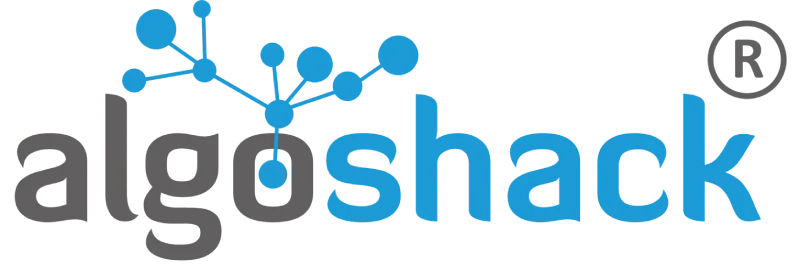Software Testing - The Real Game Changer
In the ever-evolving realm of software development, time is a precious commodity. The fast-paced nature of the industry demands that applications be developed, tested, and deployed swiftly to keep up with market demands and stay ahead of competitors. In this context, software testing emerges as the real game changer.
Software testing is the process of evaluating an application to ensure that it functions as intended, is free of defects, and meets the requirements and expectations of end-users. It serves as the quality control checkpoint in the software development life cycle, identifying and rectifying issues before they reach the hands of customers.
Time is of the Essence When It Comes to Software Testing
In today’s fast-paced development cycles, manual testing alone cannot keep up with the demand for quick and reliable results. Automation scripts are a game changer, as they allow testers to execute repetitive test cases swiftly, freeing up valuable time for more complex and exploratory testing. This accelerates the testing process, reduces time-to-market, and enhances overall software quality.
In modern software development, there are several reasons why time is of the essence when it comes to testing:
- Frequent Code Changes: Agile and DevOps practices encourage frequent code changes and continuous integration. Developers are constantly adding new features, fixing bugs, and making enhancements. This continuous evolution of code requires a testing process that can keep pace.
- Shorter Release Cycles: Businesses are under pressure to release new software versions more frequently to stay competitive. Lengthy testing phases can delay releases and hinder a company’s ability to respond quickly to market demands.
- Quality Assurance: While speed is essential, it should not come at the cost of software quality. Effective testing helps identify and rectify issues early in the development cycle, ensuring that the final product is reliable and performs as expected.
Easy Implementation: Building Automation Scripts
The success of automation scripts lies in their ease of implementation. Java, JavaScript, and Python are widely adopted programming languages in the world of software testing for several compelling reasons.
Firstly, their readability ensures that scripts are easily comprehensible by team members, even those who are not primarily coders. This readability factor streamlines collaboration within the testing team, allowing for efficient script creation and maintenance. Secondly, the versatility of these languages empowers QA engineers to address a wide range of testing scenarios. Whether it’s web applications, mobile apps, or APIs, Java, JavaScript, and Python provide the flexibility needed to create customized automation scripts that precisely match project requirements.
Seamless Integration with Technology
Automation scripts are the driving force behind efficient and comprehensive testing, but their true power emerges when they seamlessly integrate with testing frameworks. Among the myriad of choices available, Selenium, Cypress, and Karate stand out as popular options for automation testing, each bringing its unique advantages to the table.
Selenium, a time-tested framework, is renowned for its compatibility with various programming languages, including Java, JavaScript, and Python. This versatility allows QA engineers to craft automation scripts in their preferred language and effortlessly integrate them with Selenium. As a result, robust and efficient testing becomes attainable across a wide spectrum of applications, including web, mobile, and APIs.
Cypress, on the other hand, has gained popularity for its focus on simplifying end-to-end testing for web applications. It boasts native support for JavaScript, making it a preferred choice for front-end testing. With the ability to seamlessly integrate JavaScript-based automation scripts, QA teams can achieve comprehensive web application testing with ease.
Karate, takes a slightly different route by specializing in API testing. Its unique feature set, which includes the ability to write tests in a simple and expressive syntax, has garnered a loyal following among testers. Automation scripts in Java, JavaScript, or Python can harmoniously coexist with Karate, providing a robust framework for API testing.
Cost-Effectiveness: Maximizing ROI
Automation scripts significantly reduce the need for manual testing, which can be resource-intensive and costly. By harnessing the power of Java, JavaScript, or Python, organizations can optimize their testing efforts, achieve higher test coverage, and ultimately maximize their return on investment (ROI). Moreover, these scripts can be reused across projects, further enhancing cost-effectiveness.
A Go-To Platform for QA Engineers and Architects: algoQA
For QA engineers and architects, having a reliable platform to create, manage, and execute automation scripts is essential. algoQA is a versatile test automation platform that simplifies the process of building scripts in Java, JavaScript, or Python. It offers an intuitive drag-and-drop interface, reducing the learning curve for testers of all levels. This democratization of automation empowers teams to create and execute scripts efficiently.
Conclusion
Automation scripts in Java, JavaScript, and Python for Selenium, Cypress, or Karate are indispensable tools in the world of software testing. They save time, enhance accuracy, and improve the overall quality of software products. These scripts are easily implemented, seamlessly integrated, cost-effective, and adaptable to various testing scenarios. For QA engineers and architects, platforms like algoQA provide the necessary support to streamline script development and testing processes, ultimately contributing to the success of software projects.



